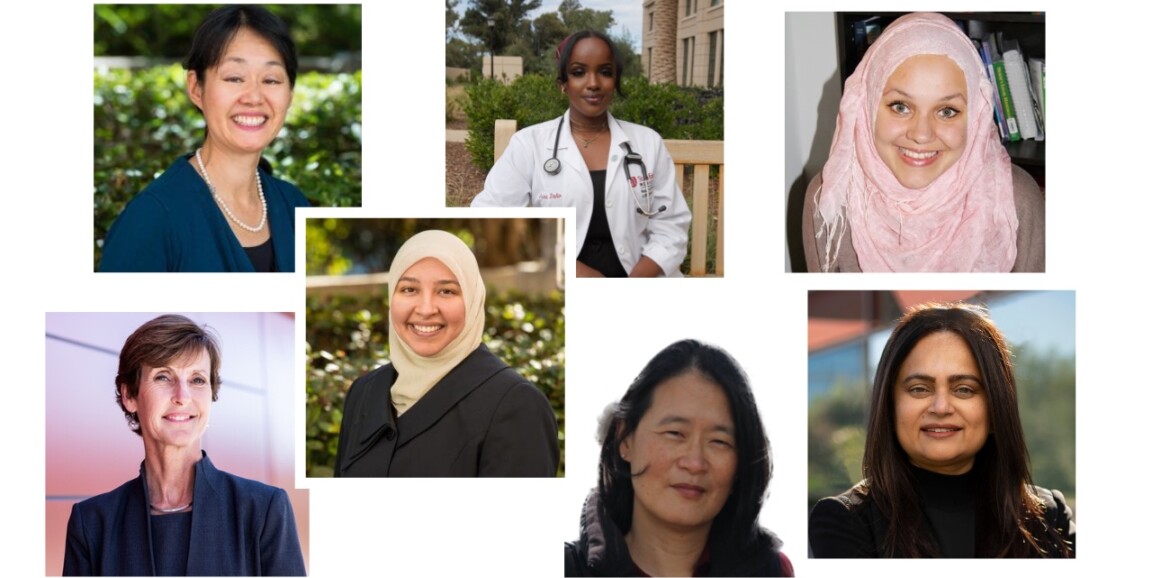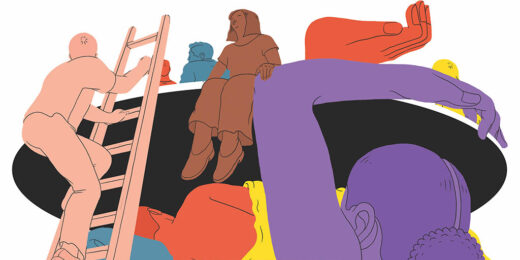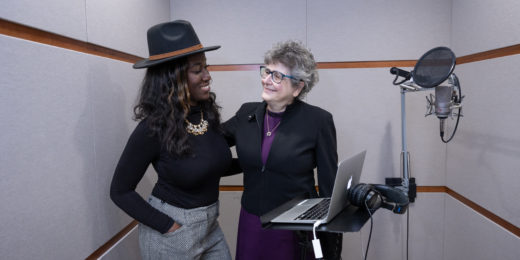This Is My Why is a series that explores the inspirations and motivations of Stanford Medicine researchers, clinicians, leaders, students and staff in their work and beyond.
To say that they're health care workers, doctors, students, professors and researchers would be true. But it wouldn't be the full story. This spotlight features Stanford Medicine women whose passions take them beyond the lab or clinic and into public schools, state's and nation's capitols, both locally and abroad, and other organizations. Their goal: To use their voices and expertise to bring resources, education and other advocacy efforts to the people who need it most.
In sharing their stories, we celebrate the work they do and the contributions they make not just to Stanford Medicine but the world at large.

Rania Awaad, MD, clinical associate professor of psychiatry and behavioral sciences and associate chief of the division of public mental health and population sciences
At Stanford Medicine, Awaad directs the Muslim Mental Health & Islamic Psychology Lab, and leads centerspace, a clinic that provides culturally contextualized, trauma-informed mental health care for marginalized people whose identities are core to their mental health and well-being. She also provides mental health support to Syrian refugees, including those who were impacted by the recent earthquakes. Awaad directs Maristan, a holistic mental health nonprofit serving Muslim communities, and the Rahmah Foundation, which designs education programs addressing topics unique to Muslim girls and women.
"Pioneering is never easy or straightforward. I feel deeply compelled to create mentorship opportunities, research platforms and clinical healing spaces that I was not able to find when I was in training. I'm passionate about providing whole-person care that accounts for all of our patients' intersecting identities. As someone who has trained in both the medical and religious sciences -- and who is comfortable in both worlds -- much of my time is spent adapting, integrating and developing culturally and spiritually congruent mental health resources for faith communities. I'm equally as passionate about translating my lab's research into community-facing educational resources and custom-tailored clinical care. Whether it's my recent work on suicide in Muslim faith communities or processing current global disasters like the earthquakes in Turkey and Syria, this type of work requires an interdisciplinary skillset to provide holistic healing to those who have entrusted me with their care."
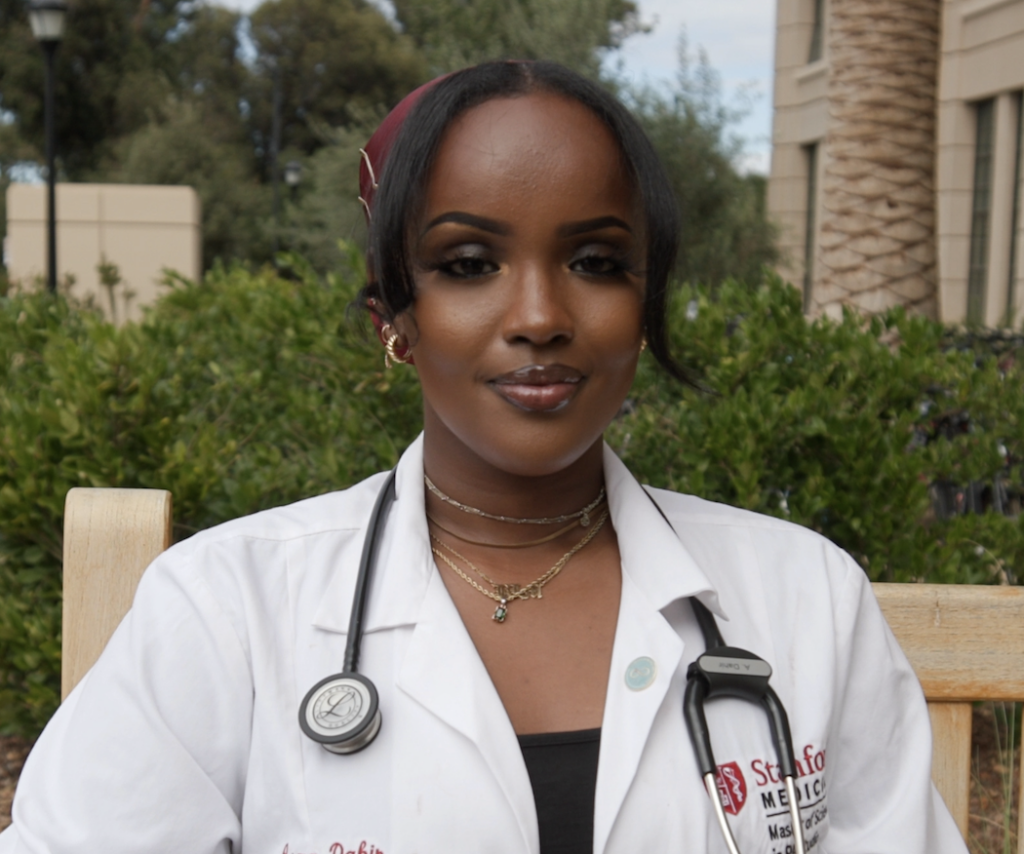
Asma Dahir, physician assistant student at the Stanford School of Medicine
Dahir is on a mission to be the representation she feels she needed as a young girl. Dahir has built initiatives that allowed girls to rediscover their worth and view themselves in a positive light. She's personally driven to increase representation in the medical field and encourages other diverse students to use their voice to advocate for change in the health care system. With her peers and colleagues, she facilitates conversations of intersections of race, identity, socioeconomic status, and health to better facilitate an environment of equity. While working at a hospital in Utah before coming to Stanford Medicine, Dahir collaborated with the hospital's administration to begin drafting anti-bias and racial sensitivity workshops to help identify and reduce health disparities for patients.
"Advocacy to me transcends any one field, it is needed in medicine and in classrooms. I believe that advocacy begins within -- accepting oneself in order to empower change and increase representation. And that -- representation -- is a really powerful thing. It allows folks who may not traditionally have the opportunities to seek higher education to know that the possibility and opportunity is there. As a provider, in order to care for people from marginalized communities, it's important to understand what it means to be a part of that culture or have similar backgrounds of lived experiences. That type of representative and diverse care can help decrease gaps in health equity. It's important, and it's empowering."
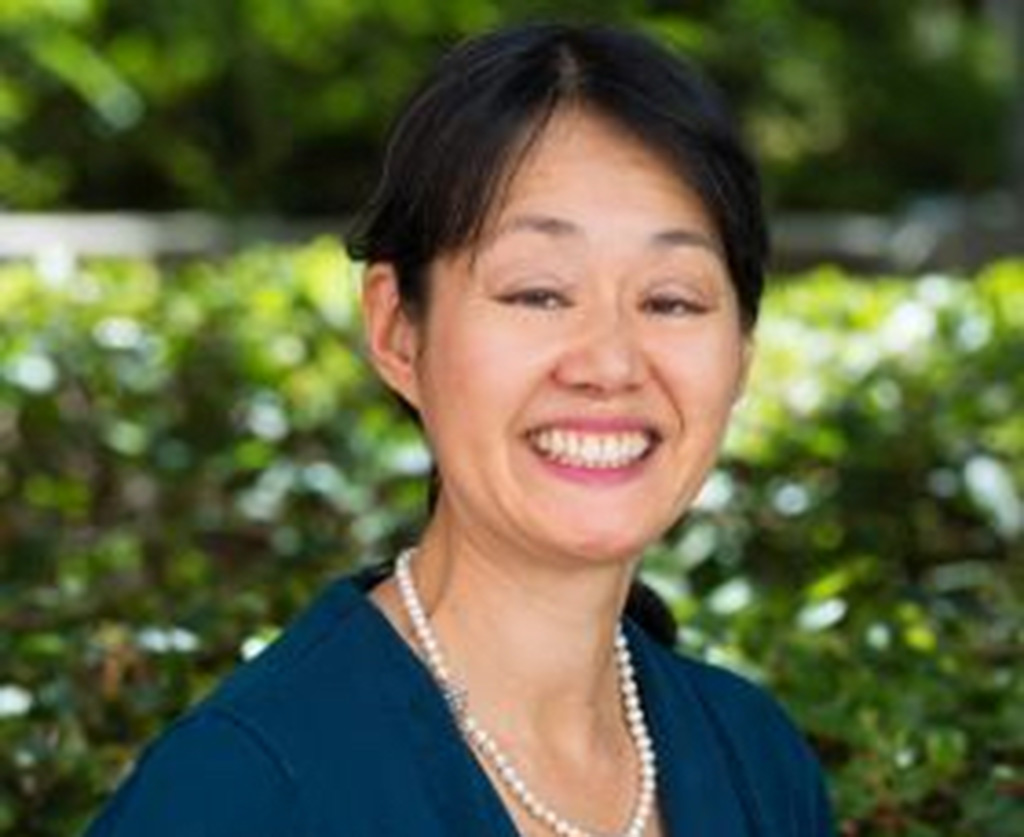
Rona Hu, MD, clinical professor of psychiatry
Hu runs the Stanford Mental Health for Asians Research and Treatment clinic, working with immigrant and Asian communities to provide interdisciplinary, culturally informed mental health care. Hu has focused recently on supporting the mental health of mass shooting survivors, encouraging them to ask for help and seek support. She also brings her expertise in mental health to aid high school students, educating them about mental health through music, theater and other performances.
"Mental health is not something that's separate from other types of health. A fully healthy person must be mentally strong too -- we are our thoughts and feelings as much as we are our own bodies. But we must think about mental health care differently than we do about other parts of medicine: Hip replacements exist, mental and emotional replacements do not. Part of my goal when working with patients or students is to change the culture around talking about mental health, and to ultimately destigmatize asking for help. Blaming and shaming people for having these struggles won't work - everyone needs mental health attention and I hope that my work can make space for the help that's needed."
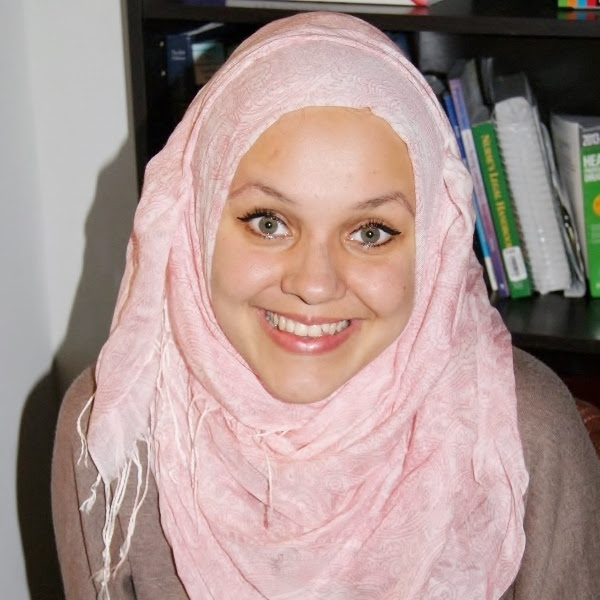
Yelena Korpacheva, BSN, RN, OCN, nursing professional development specialist
While serving as an assistant patient care manager on an inpatient oncology/hematology unit at Stanford Medicine, Korpacheva created Caring Pouch, a project that aims to increase a sense of belonging, develop healthy habits for personal and professional well-being and cultivate resilience to acute and chronic stress among nurses. The pouch is given as a gift between nurses, particularly after experiencing difficult care events such as the death of a patient or transferring a patient to a higher level of care. The pouch contains items to stimulate the human senses: a stress ball for touch, chocolate and tea for taste, essential oils for smell, a candle decorated with meditative mandala art for vision, and a bracelet with an inspirational message that can be read aloud for hearing. Activating the five senses helps calm the sympathetic system in response to acute stress.
"I am deeply passionate about health care workers' well-being and quality of nursing care to ensure positive patient outcomes. We know that nurses' well-being is directly linked to improved patient outcomes and improved quality of nursing care. Oncology nurses witness the most painful -- and also the most beautiful -- life moments while caring for our patients. We give patients 6-12 cycles of chemotherapy, which means we know them and their families for a long time, which makes it more difficult if we have to administer emergency care. Extending care and compassion to the human beings behind the scrubs benefits our whole community."
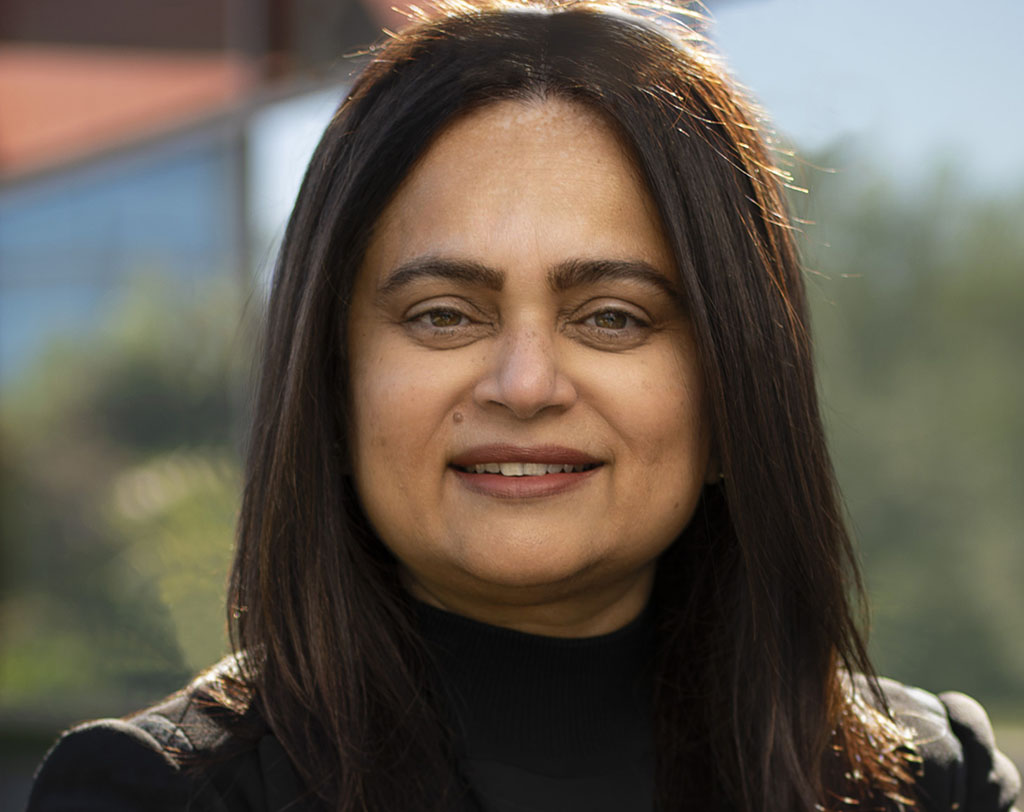
Priya Singh, chief strategy officer and senior associate dean of Stanford Medicine
As a leader driven by social purpose, Singh extends her expertise and guidance beyond Stanford Medicine to mentor emerging leaders as a board adviser for SALUTE (South Asian Ladies Unite to Empower), an organization that aims to cultivate community and offer opportunity for leadership advancement among South Asian women. An active advocate of women and underrepresented minorities in leadership roles, Singh seeks opportunities to share her passion and strategic prowess with rising innovators, administrators and other business leaders.
"Leadership is a built skill, and it's also a mindset. I feel passionately about sharing my experience with emerging women leaders as a way to engender confidence, foster community and support a group of people who are essential to a powerful, inclusive, forward-thinking workforce. I'm deeply committed to sharing my knowledge to best support those whose influence will shape the future of their fields."
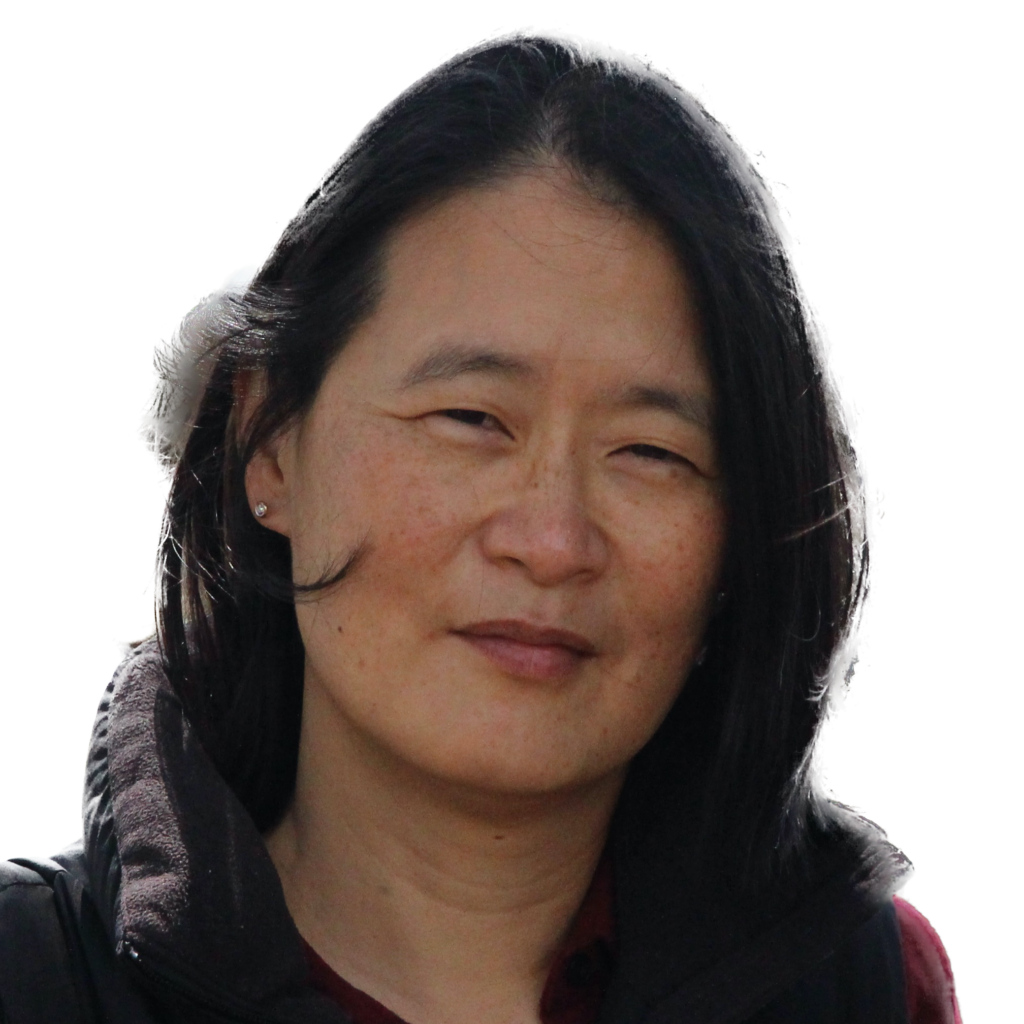
Nancy Ewen Wang, MD, professor of pediatric emergency medicine
Wang has committed her career to serving vulnerable populations and reducing health disparities locally and globally through education, clinical care, service and research. She founded Stanford's Social Emergency Medicine program, which seeks to identify patients' social needs and develop solutions to decrease health disparities. Nationally, Wang served as a medical expert for the Flores Counsel, where she witnessed and reported on the conditions of detention for unaccompanied immigrant children. During the COVID-19 pandemic, she volunteered with the Indian Health Service in Gallup, New Mexico, and advised the Pine Ridge Hospital, in Pine Ridge South Dakota, regarding their COVID-19 preparation and response. Globally, she has taught and worked at the bedside with local physicians in Latin America and Asia. She and her daughters volunteered in Borneo, Indonesia, with Health in Harmony, a nonprofit that combines conservation with health.
"I work in emergency medicine because we serve as the door to medical and social care for anyone, regardless of race, ethnicity or ability to pay. Emergency rooms are also windows into the health of the surrounding community from which we can see the root causes of health disparities. Living in this area and working at Stanford Medicine is an immense privilege. I see my work as a way to use that privilege and the resources that come with it to work with communities to find solutions that respond to immediate needs and adapt to local realities."
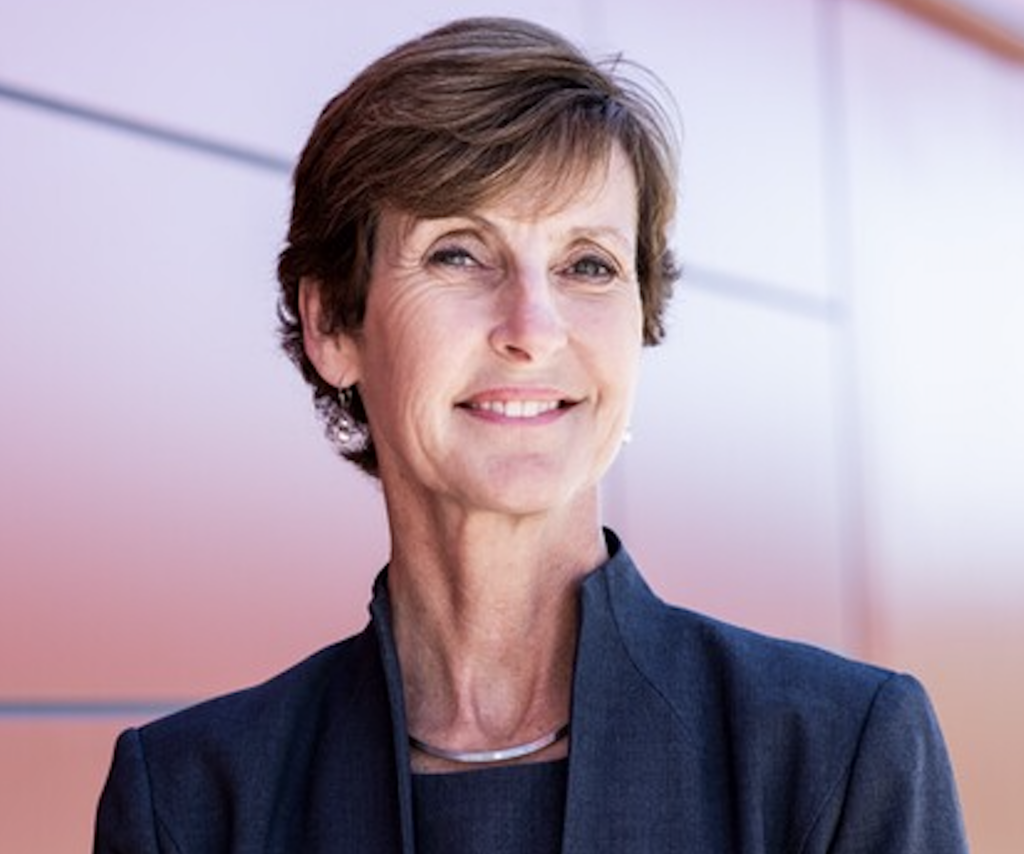
Helen Wilmot, chief facilities and sustainability officer at Stanford Health Care
Wilmot currently serves on the board of directors at Palo Alto University, and has previously served on the Board for the Ronald McDonald House at Stanford, bringing her facilities and strategy expertise to these organizations. Beyond serving as a Board member, Wilmot also serves as a mentor and coach to college students, recent graduates and those seeking a career transition, helping to them to prepare for their launch into the workforce.
"Working with students and recent graduates is important to me - from mentoring them to helping them recognize their core skills and how to leverage those skills to enter the workforce. I'm not just helping them define their resume, create a profile in LinkedIn and learn how to network, I'm helping them to dig deeper in their skills, to build their confidence that they have applicable skills -- they just don't know it yet. It can be intensive for the mentees because it requires their full engagement. The reward is helping them gain and find their own voice."
Photo collage by Margarita Gallardo


